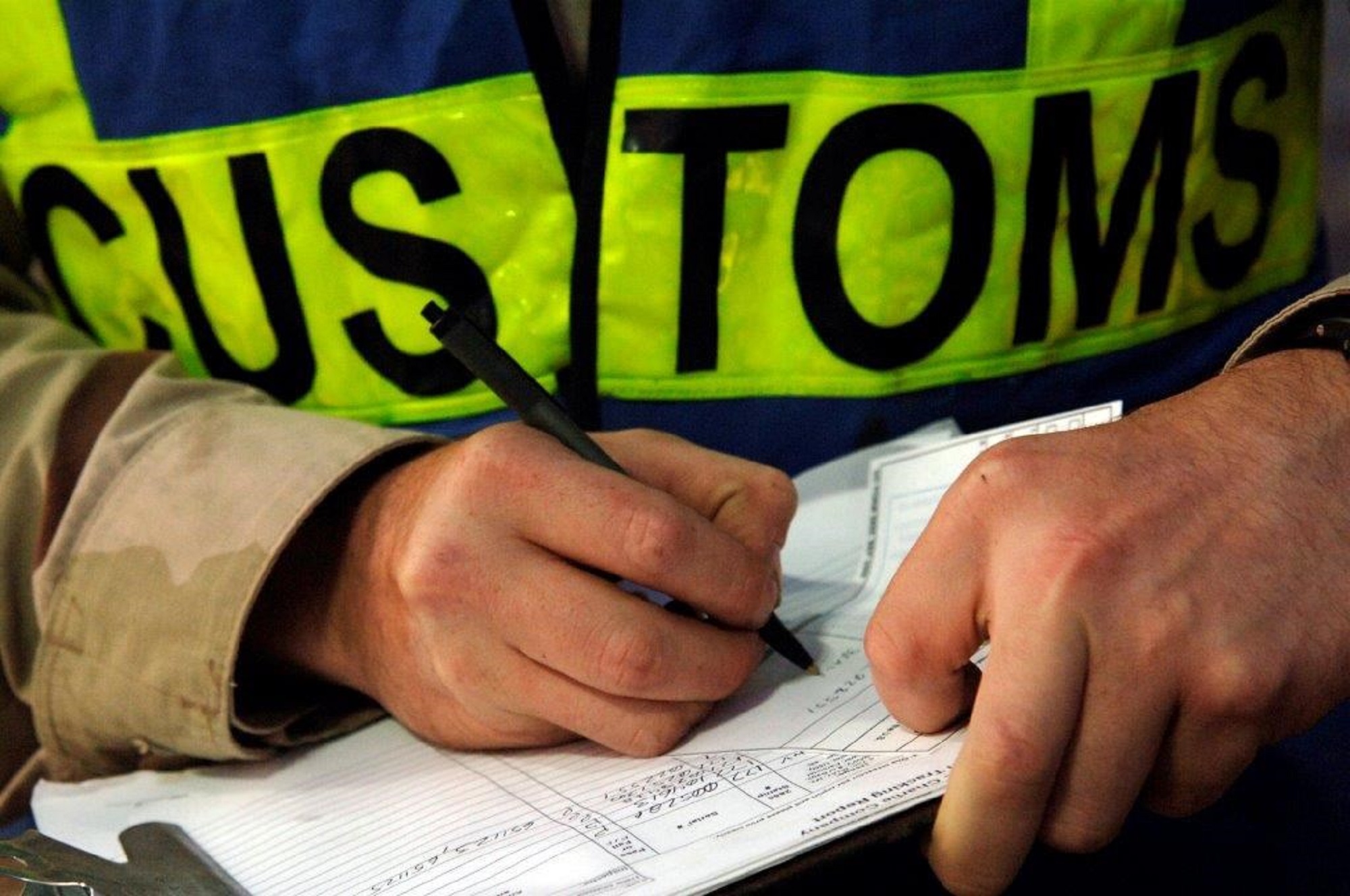In a matter of days from now, the transitional period regarding Brexit will come to an end. As of 1 January 2021, the United Kingdom (UK) will qualify as a non-EU country for VAT and customs purposes. As a result, it will become all the more interesting for businesses that import goods into the Netherlands to have a so-called Article 23 license.
Article 23 license
In principle, import duties and import VAT are immediately due upon importing goods into the Netherlands from a non-EU country. If your business has an import VAT deferment license (Article 23 license), the Dutch import VAT due is reported in the Dutch VAT return, rather than being payable immediately. If your business meets all the requirements and has the right to deduct input VAT, no VAT is due on balance, as the import VAT mentioned above is reclaimed in the same VAT return.
VAT return
The question remains: what value should be reported in the VAT return? The value mentioned on the invoice? Or the value on the customs documents? In practice, this often leads to problems.
If you import goods into the Netherlands from a non-EU country and you make use of an Article 23 license, the import VAT should be reported in box 4a of the VAT return (in Dutch: “Leveringen / diensten uit landen buiten de EU”, Supply of goods / services from countries outside of the EU).
The Dutch tax authorities indicate, in the explanatory notes to the VAT return, that the following value should be reported in the VAT return: “The value of the goods [and services] supplied to you from outside [of] the EU.”
This explanation does not provide the answer either. After all, what is the value of the goods? The title of box 4a and the description in the explanatory notes suggest that when you buy goods from outside of the EU and import them into the EU under an Article 23 license, you should report the value as stated on the invoice, in box 4a. In everyday language, this would appear to be the value of the goods.
This is however incorrect. If you have an Article 23 license, you should not use the value stated on the invoice. The Article 23 license means that the chargeability of Dutch import VAT is moved to the moment of the next VAT return. As a result, you need to take into account the value of the goods at the moment of import. This is the VAT value as reported to the Dutch Customs authorities, and stated on the customs assessment form (in Dutch: Uitnodiging tot betaling or ‘UTB’).
Nil on balance?
In our experience, many businesses use the invoice value in their administration, and subsequently in their VAT return as well. This leads to an incorrect VAT return being filed. You may think: I report the import VAT in the return, and deduct that same amount of VAT in the same return, so what’s the problem? Well, problems may arise if too little VAT is paid, and the amount of VAT deducted is incorrect and based on the wrong document.
We would therefore like to emphasise that you must assess the payment of import VAT and the deduction of this amount separately. If we then look at the payment of the import VAT reported based on the invoice rather than the UTB, you may be paying an incorrect amount of VAT because you have used the wrong VAT base for determining the VAT due. This in turn leads to an incorrect VAT return being filed. Furthermore, the deduction of that VAT may be denied. Worst case, the article 23 license may be revoked by the tax authorities.
It is therefore important that you use the correct document and the right value, and by doing so, file a correct and complete VAT return.
The Dutch often tell the cashier at the supermarket “Keep the receipt, I can’t do anything with the VAT anyway”. If you have an Article 23 license, it’s true that you don't really need the invoice for the purposes of reporting the import VAT.
Payment notification (UTB)
The solution in this regard is the UTB, with which the customs debt is levied upon import.
“A customs debt upon import is the obligation of a person to pay the amount of import duties due based on the customs legislation and the levy of VAT, excise tax, consumption tax and coal tax upon import.” (Concept according to Dutch Customs Handbook)
The value of goods for VAT purposes is also noted on the UTB. If you are in possession of an Article 23 license, the column ‘VAT payable/due’ will then state an amount of EUR 0. This is logical, as the levy of import VAT is shifted to the VAT return. In the VAT return, you report the value for VAT purposes as mentioned on the UTB, in box 4a “Leveringen / diensten uit landen buiten de EU” and then use this value to calculate the VAT due.
Finally
Conclusion: do you have an Article 23 license? If so, make sure you have a copy of the correct UTB and report the imports in your VAT return on the basis of that UTB. Contact your customs partner to request the necessary documentation.
Would you like to know more about the Article 23 license and how it can be requested? Please contact us.
This content was published more than six months ago. Because legislation and regulation is constantly evolving, we recommend that you contact your Baker Tilly consultant to find out whether this information is still current and has consequences (or offers opportunities) for your situation. Your consultant will be happy to discuss the latest state of affairs with you.





